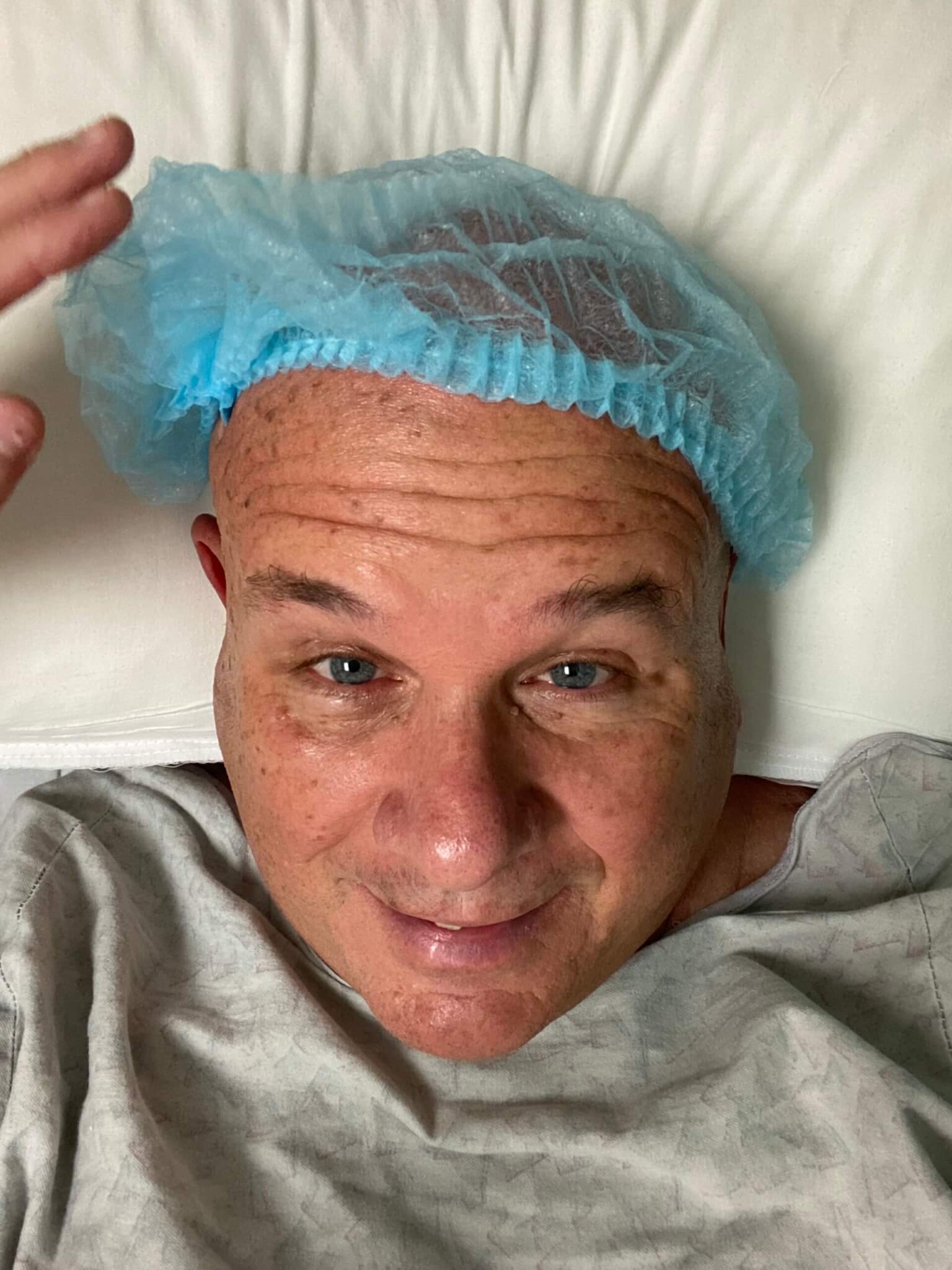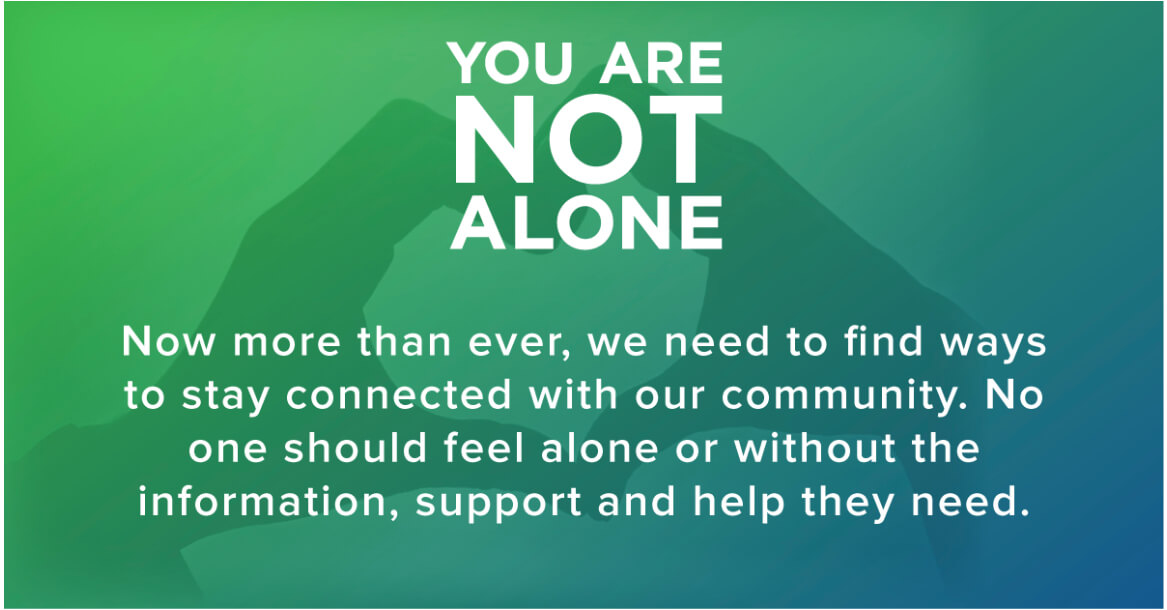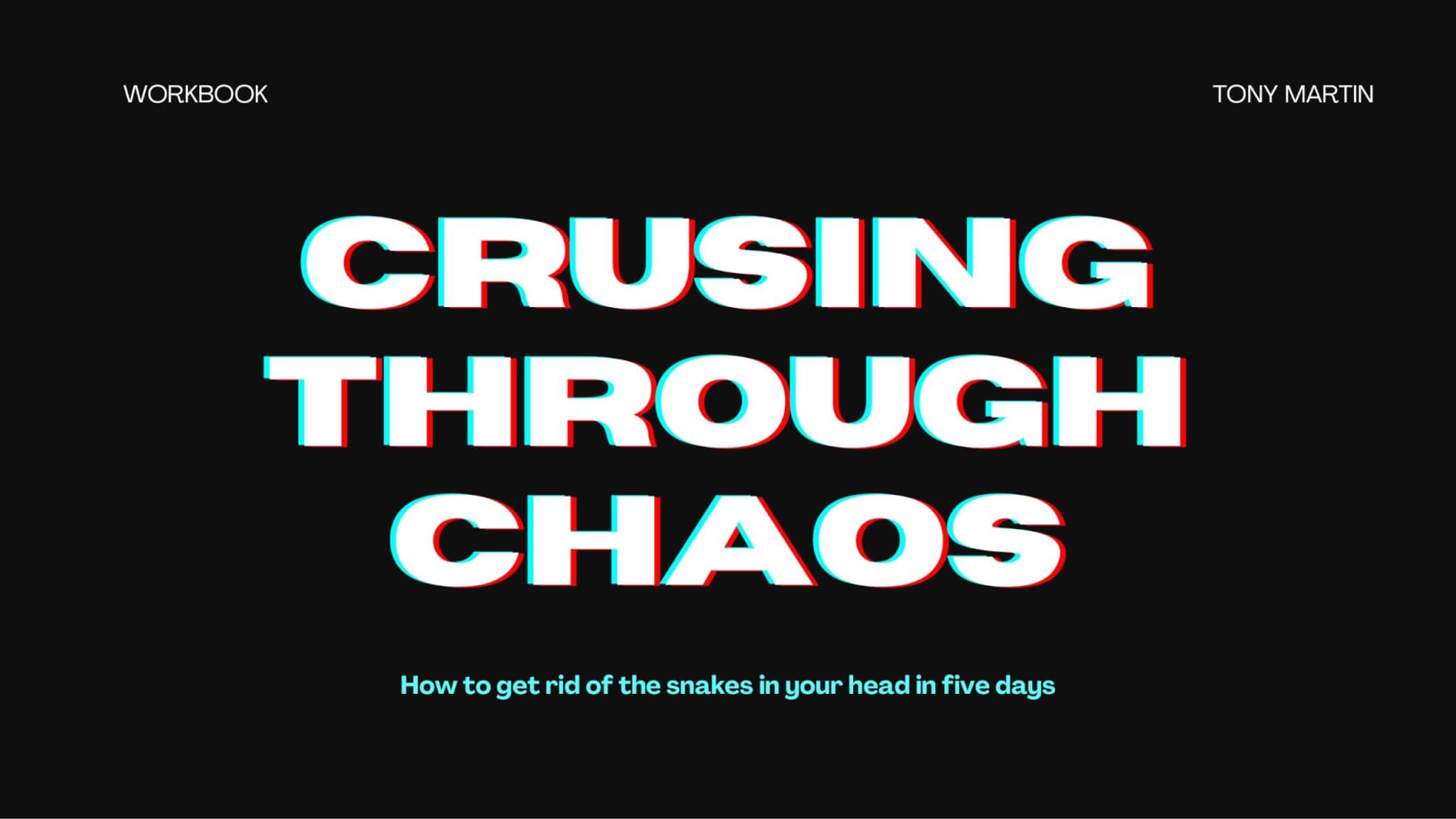The Danger of Over-spiritualizing Mental Health
October 10 was World Mental Health Day.
The overall objective of World Mental Health Day is to raise awareness of mental health issues around the world and to mobilize efforts in support of mental health.
One in four adults and one in five youth in the United States have a diagnosable mental illness. At Family Matters, we know this means nearly every family we come in contact with is impacted by mental illness. As Christians, we know we can turn to our Heavenly Father and seek His guidance and wisdom in all areas of our life. The Bible tells us in 1 Peter 5:7, “Cast all your anxiety on Him because He cares for you.”
Belief in an omnipotent God means we believe He can heal us of our brokenness spiritually, mentally and physically. Out of that belief, we turn to our God with prayer and faith that He can heal. We believe this for ourselves, and we encourage others to believe the same.
God can, and sometimes does, heal us when we cry out to Him, but often He doesn’t.
Often, God says to us when we continually ask him to take away our sadness, anxiety, scattered thoughts, anger and pain, “My grace is sufficient for you. My power is made perfect in your weakness” —2 Corinthians 12:9.
The only brokenness God promises to heal is our spiritual brokenness.
Mentally and physically, we are “jars of clay” that contain our spiritual treasure (2 Corinthians 4:7-18) and we often won’t be free from our afflictions until we are glorified with Christ someday in Heaven.
I see a trend in the Church that troubles me. The response of much of the Church to mental illness is to over-spiritualize both the problems and the solutions.
I have experienced it personally, and a recent study by LifeWay research has found nearly half of evangelical, fundamentalist, or born-again Christians (48 percent) believe prayer and Bible study alone can overcome serious mental illness like schizophrenia, bipolar disorder and depression.
We would never begrudge someone with cancer from seeking the best, most innovative treatment available to them. We would never simply tell them to just pray and study their Bible more! We would pray fervently for God’s healing, comfort and wisdom, but we’d also fully expect that they will see a doctor, seek treatment and take medication if it’s warranted.
We don’t do the same with mental health.
Often, when I’ve heard someone share that they are grappling with mental illness, their concern is met with answers like, “you should cast all your cares on the Lord (1 Pet. 5:7); rejoice in the Lord always (Phil 4:4); pray without ceasing (1 Thess 5:17) and you are fearfully and wonderfully made (Psalm 139:14).”
All of these are biblical truths—but they should not be hurled as platitudes; platitudes to dismiss their pain, call their faith into question and shut down further discussion of a topic we may find challenging and hard to comprehend.

The mentally ill continue to receive dismissive, judgmental and marginalizing responses from much of the Church because mental health is still stigmatized. Yes, there is a spiritual component to mental illness (and physical illness), but mostly because we are spirit. To immediately draw the conclusion that someone struggling with clinical depression, anxiety disorder, mania or PTSD is under spiritual attack only makes sense if we also immediately draw the same conclusion of our friend who has been diagnosed with breast cancer, hypothyroidism or kidney stones. Yes, demon possession and spiritual oppression happens, but they are not the main cause of true, persistent mental illness. Mental illness happens at the intersection of our mind, spirit, personality, character, faith, decisions and electrical command center (our brain) but it is illness just the same.
It is vital we don’t do anything which could be construed as discouraging treatment for mental illness, because without treatment (and sometimes with it) mental illness can be terminal. Our Great Physician often uses the miracle of medicine in His healing. Sure, medications come with potential risks and side effects. Like any other health decision we weigh the risk of treating against the risk of not treating. And I can tell you this: the risk of untreated, or undertreated mental illness is staggeringly high. The point is, it’s not our place to critique how a fellow believer chooses to treat their illness either physical or mental. We can leave those decisions between them, their families, their doctors and our Wounded Healer.
What’s the danger in over-spiritualizing mental health?
The danger is we continue to stigmatize those who are equally loved by our Great God. The danger is rather than being life-giving in our love, compassion and understanding, we who are redeemed are a stumbling block to those precious souls who cry out to the Great Physician. The danger is we miss our calling to love and edify each other, and cause a bitter root to grow between us and the world.
“See to it that no one misses the grace of God and that no bitter root grows up to cause trouble and defile many”—Hebrews 12:15.
So love, listen, pray, encourage, support, bake casseroles, drive to appointments and pick-up prescriptions. Advocate for those whose illness leaves them voiceless. Let our witness to the world be how broken people love each other.
NOTE: This article from Family Matters was written by Karis Murray, who writes candidly about mental illness and urges readers not to miss their callings to love and advocate for those whose illnesses leave them voiceless. I want to give all credit to Karis and Family Matters.










